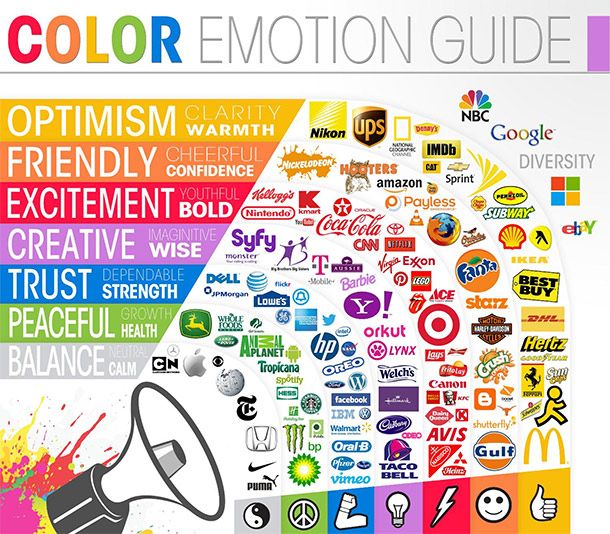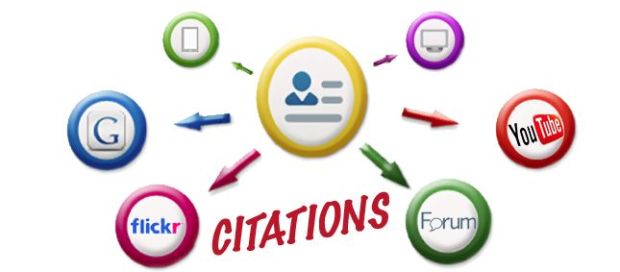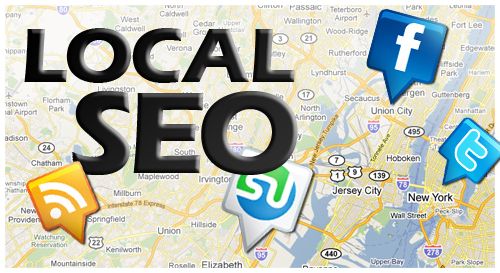SEO is an acronym that stands for Search Engine Optimization.

What is SEO?
SEO is a group of free and paid techniques used in online marketing to improve your webpage ranking in major search engines such as Google, Yahoo, Bing based on a given keyword, key phrases or topic.
Here’s a great example.
Considering this blog post is properly optimized for the key phrases “manage seo campaign,” the link might or shall appear in front page of SERP if anyone will key in the question “How To Manage My SEO Campaign?”
Types of SEO
On-page refers to every thing you do when you’re signed to a site. Examples of on-page techniques are:
- Blogging
- Installing plugins
- Selecting themes
- Installing widgets
- Uploading photos
- Approving comments
- Creating polls
- Inserting links
- Adding media content
- Adding a new category
- Adding a new page
- Adding meta descriptions
- Adding meta keywords
- Adding a search engine friendly URL
- Adding body tags (H1, H2, H3, H4)
- Checking pre-installed analytics
- Editing a written content
Off-page refers to every thing you perform outside your site. Your number one goal in every off-page technique is to create a link back to your homepage, blog or contact page.
Examples of off-page techniques are:
- Social media marketing
- Press release submission
- Pinging a webpage
- Active forum participation
- Active Q&A participation
- Email marketing
- Social bookmarking
- Guest blogging
- Blog commenting
- Content syndication
Managing Your SEO Campaign
SEO is a world of change. It evolves.
Google updates its search algorithms every now and then. Yahoo! has created its own content quality guidelines.
There are case studies and new statistics published every day.
For this reason, it’s best to keep yourself updated with the daily events and news. Below are some of the effective tips you can follow to manage your campaign:
Stage 1: Keep learning
1. Sign up to receive regular newsletters from popular news sites such as Moz, Search Engine Land, Search Engine Roundtable and Search Engine Journal.
2. Join one forum and participate actively. Keep reading news, answer threads, ask questions and make new friends.
3. Enroll in paid marketing courses offered by Coursera.
4. Attend offline conferences such as SMX Search Marketing Expo, SEJ Summit and Moz Con.
Stage 2: Build your own campaign
- Start keyword researching
- Collect the keywords, phrases and topics your webpage will rank for
- Talk with your site developer
- Start updating your blog
- Create a content marketing plan
- Follow your deadline
- Use analytics to measure your performance
Stage 3: Hire a team whenever you can

Photo Courtesy of: Flickr
1. You can’t do everything. That’s understandable. You’re not super human.
Therefore, look for a passionate team SEO Consultant who thoroughly understand the bird’s eye view of your technical, content and social media activities.
2. If one consultant isn’t enough, consider hiring a team of virtual assistants using employment platforms. The everyday tasks of these assistants revolve around the following:
- Update blog regularly
- Update Facebook page
- Update Twitter
- Update YouTube
- update LinkedIn
- Update plugins
- Participate in forum
- Guest blogging
- Email marketing
- Monitor analytics
3. Keep in mind: SEO isn’t about sales. It’s the blood and soul of internet marketing.
Its aim is limited to creating attention, igniting visitors’ interest and converting these visitors to leads.
*****
Leads Ahoy provides services in reputation management, search engine optimization, list building and geo-targeted lead generation. http://leadsahoy.com/











